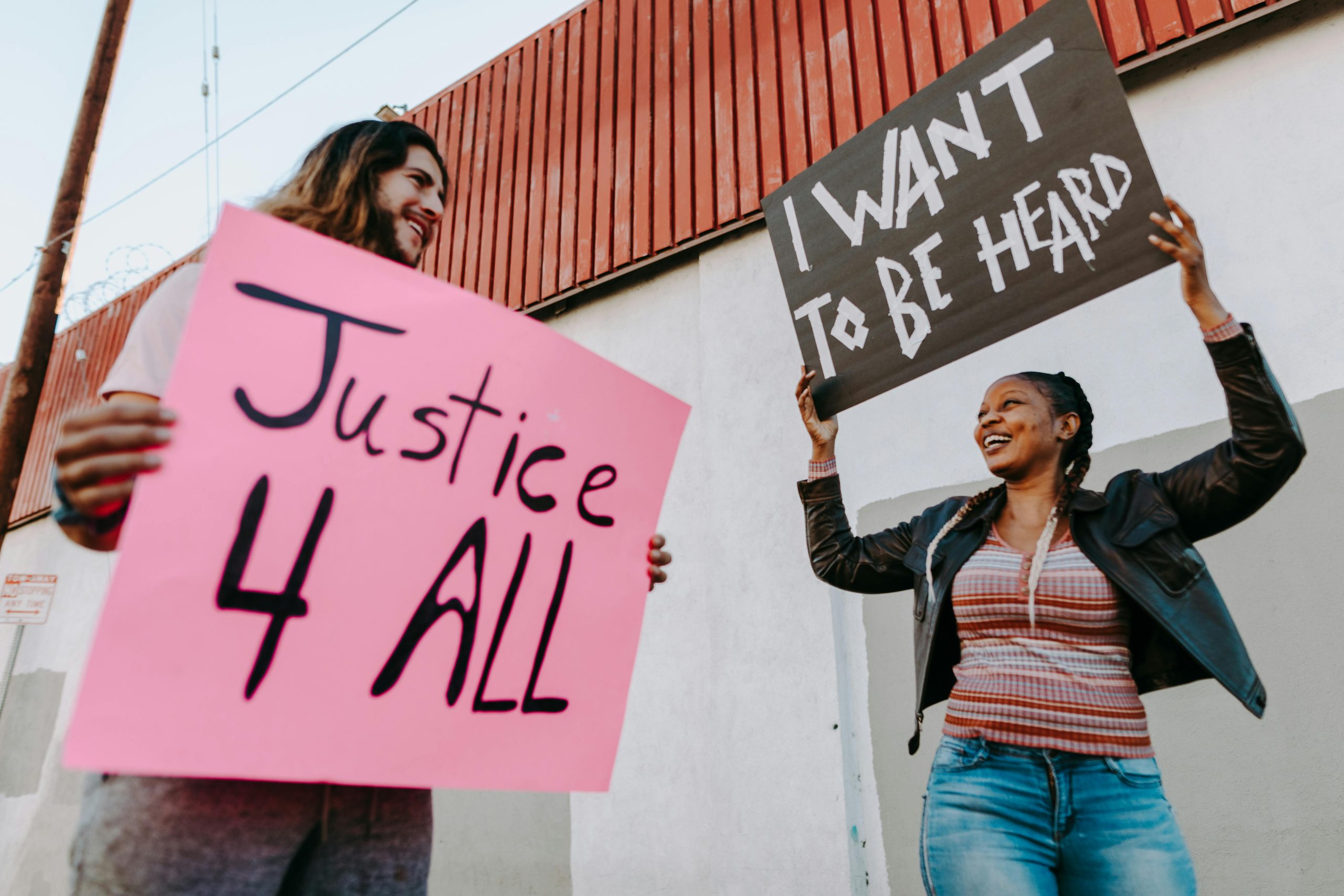Legal and Insurance Concerns After a Minor Highway Collision with an Uninsured Trucking Company
In the world of commercial transportation, accidents can quickly become complicated, especially when the at-fault party is attempting to evade responsibility. Recently, a minor collision on the highway—involving a smaller vehicle and a trucking company whose insurance status is under question—highlighted some critical issues for drivers and vehicle owners alike.
The Incident Overview
The incident occurred when a truck merged improperly across double solid lines, colliding with a passenger vehicle estimated to have around $11,000 in damages. The driver of the truck initially provided insurance details, and a photo was taken of the insurance card. However, subsequent communication revealed troubling information: the trucking company’s insurance policy had allegedly been terminated two months before the accident.
Attempts to Reach the Trucking Company
Efforts to contact the concerned driver’s employer proved challenging. The company’s management was unresponsive; the manager requested a callback when available and has since avoided contact. Meanwhile, online searches via the Department of Transportation (DOT) registry indicated that the trucking company’s only active policy was with Geico Marine—an insurance provider typically associated with marine-related coverage, not commercial trucking.
Insurance Coverage and Potential Evasion Tactics
This discrepancy raises the possibility that the trucking company might be actively attempting to bypass the legal requirements for commercial insurance coverage. Such tactics are sometimes employed to operate with minimal regulatory obligations, which may leave victims unprotected in the event of an incident. Notably, the company filed their Motor Carrier Management Information System (MCS-150) registration just three days after the collision, possibly as a maneuver to appear compliant.
Legal Considerations and Next Steps
Given these complexities, a key question is: what should the injured party do next? Is it prudent to wait and see if the situation resolves itself, or is immediate legal action warranted?
Consulting with a qualified attorney can provide tailored guidance, especially when dealing with potentially uninsurable entities. Sending a certified demand letter for damages might be an effective initial step. Alternatively, filing a lawsuit could be necessary if negotiations stall or the trucking company continues to evade responsibility.
Insurance Implications
Regarding the involved driver—your father-in-law—it’s important to clarify his insurance coverage. Although he maintains full coverage for his personal vehicle, he was operating as an Uber driver at the time. Uber provides its own insurance while ridesharing; however, whether this coverage applies to accidents outside passenger trips or if it influences the claim process



